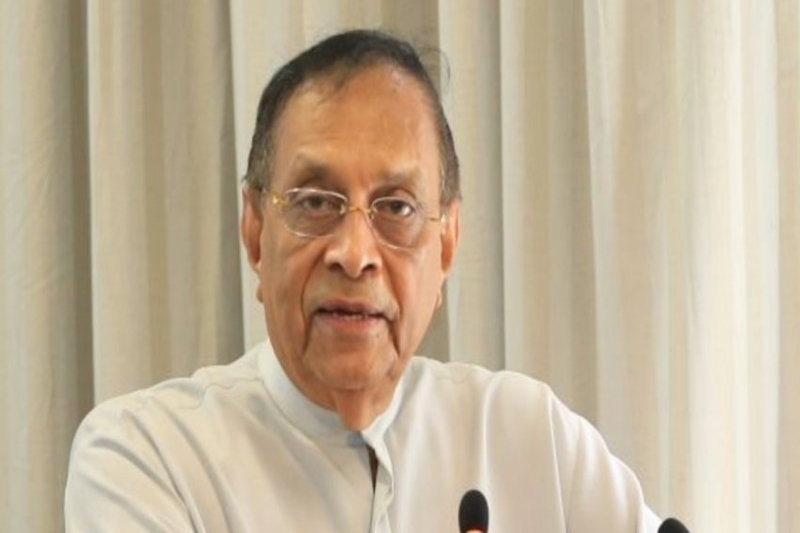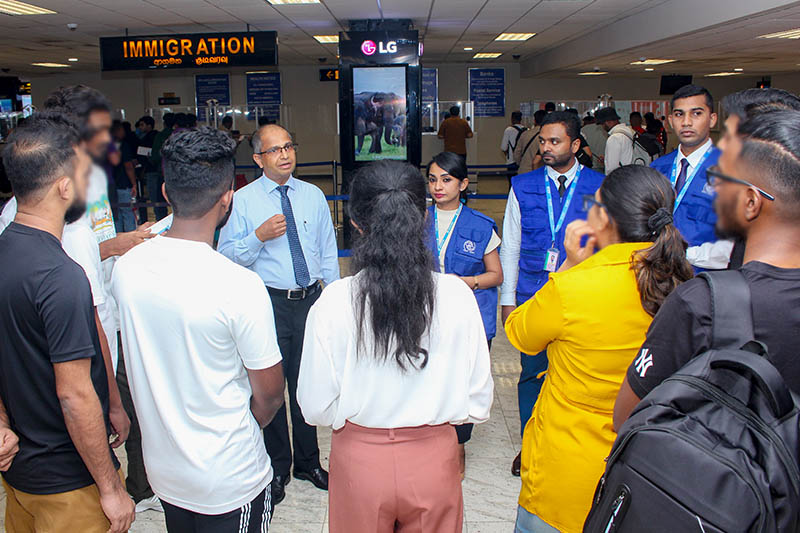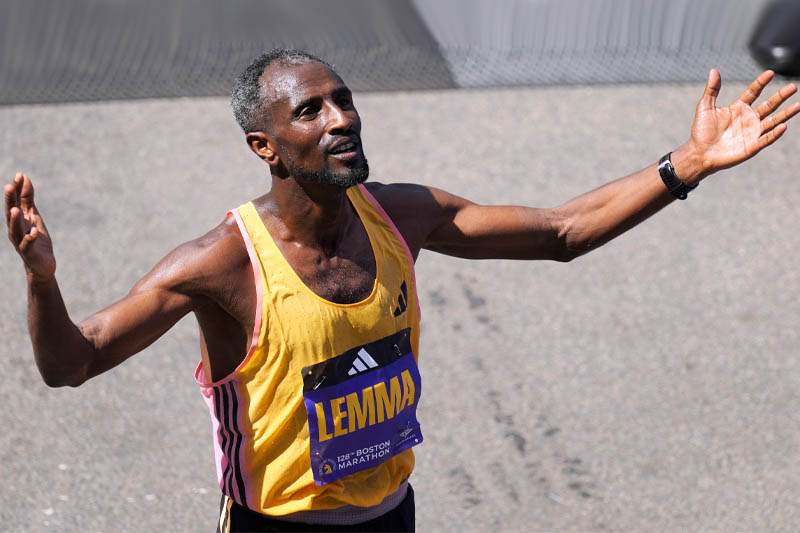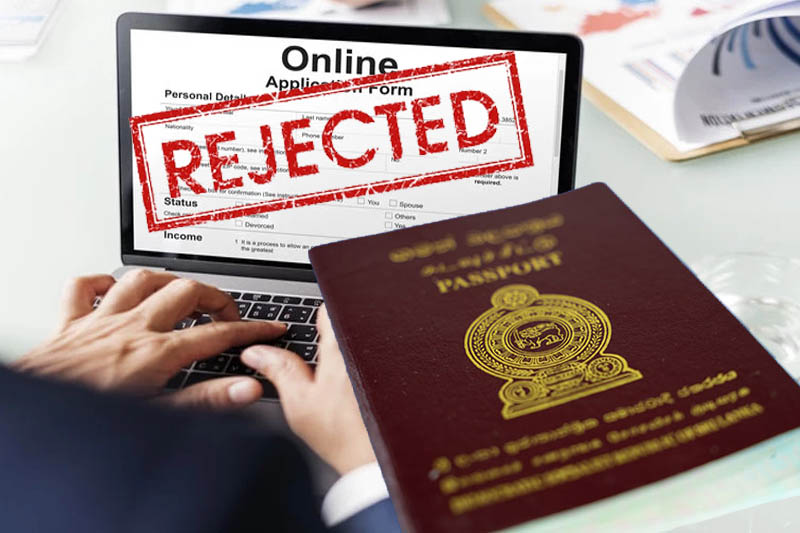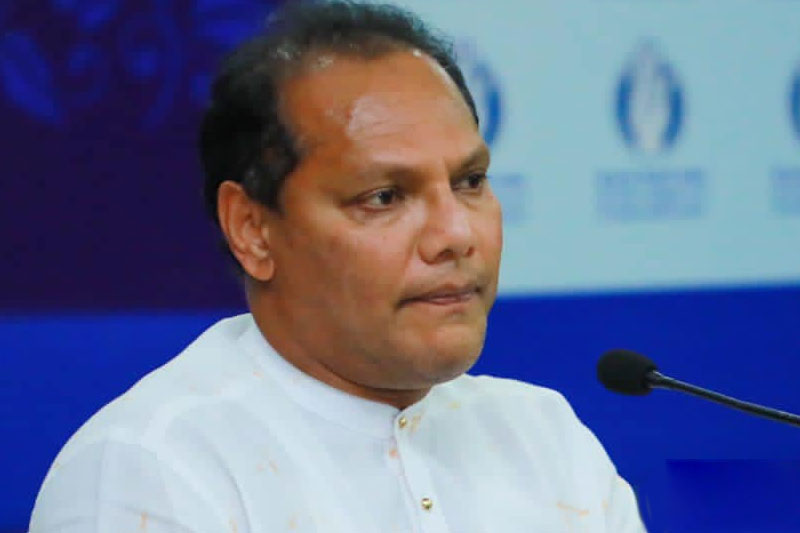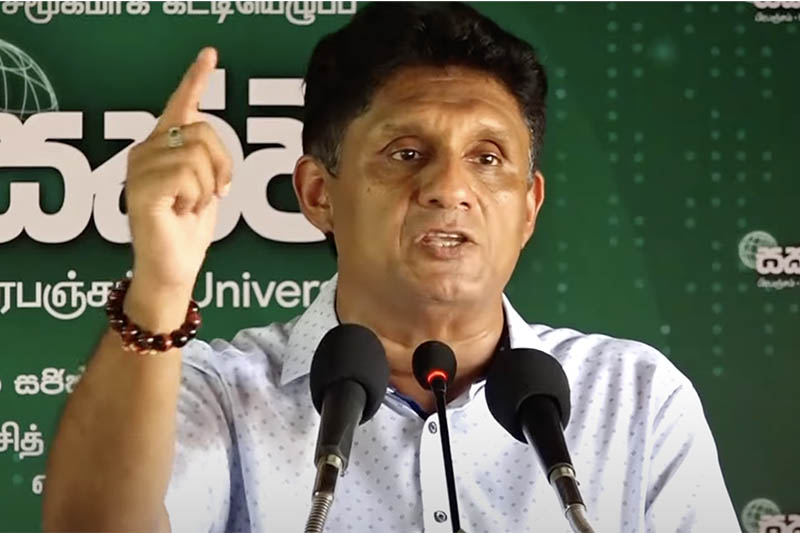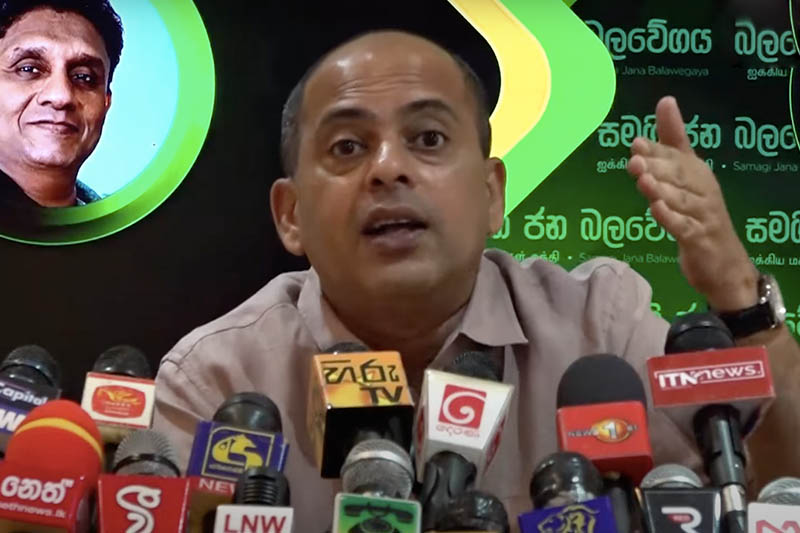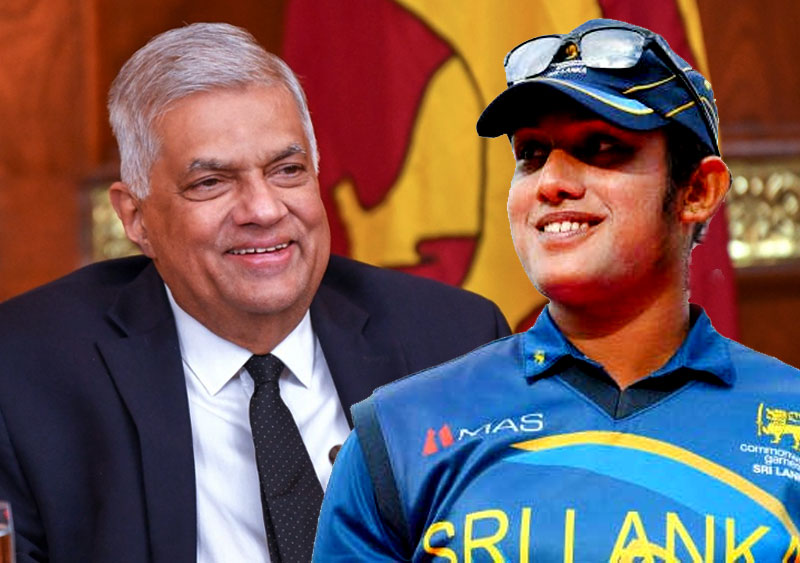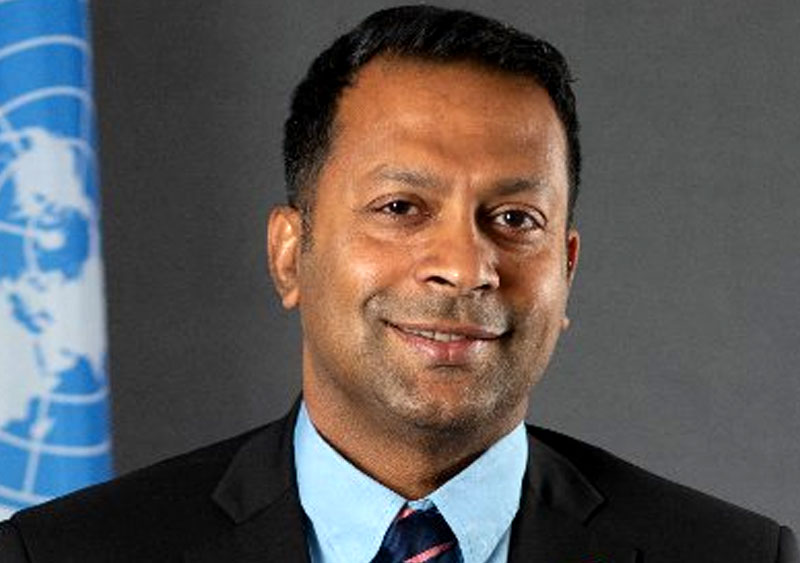We would like to draw the attention of the people, the Government, State and legal officials as well as all parties who regularly participate in protests.
There have been various protests in the country recently. Some of them were peaceful while some others were violent. The behaviour of the Police was also subjected to regular criticism.
This caused great inconvenience to the people and the vehicular movement was also severely affected. Foreign exchange had to be spent unnecessarily. Due to such situations, some countries named Sri Lanka as a country unsuitable for travel, which in turn caused a lot of damage to the tourism industry.
Having realised these matters, the Human Rights Commission of Sri Lanka (HRCSL) published a series of timely recommendations and guidelines.
The importance here is that every part of the society has contributed in preparing these guidelines. It is very important that the views of the senior officers of the Police and Tri-Forces, representatives of civil society as well as trade unions and those who engage/d in protests have been consulted during the process.
All those parties have significantly contributed to make this a success. It is the duty of all parties to protect the right to peaceful protest guaranteed by Article 14(01)b of the Constitution of the Democratic Socialist Republic of Sri Lanka.
Objectives of the recommended guidelines are;
- To recognize the right of peaceful assembly, which is subject only to legitimate restrictions prescribed by law, that are necessary in a democratic society in the interest of national security or public order. [Article 14 (1)(b) of the 1978 Constitution of the Democratic
Socialist Republic of Sri Lanka and Article 21 of the International Covenant on Civil and Political Rights (ICCPR)]
- To recognise the obligations of the State under the Constitution to promote and uphold the
Rule of law and to guarantee human rights and fundamental freedoms for all.
- To recognise that everyone shall enjoy the right of peaceful assembly enshrined in the Constitution without discrimination or fear.
- To ensure law enforcement officials act in accordance with national law and Sri Lanka’s international human rights obligations when dealing with peaceful protesters.
- To recognise the duties and responsibilities individuals have towards each other, including the responsibility to promote and observe the rights recognised under the Constitution.
Scope of the recommended guidelines are as follows;
- These recommended guidelines reiterate the fundamental rights recognized and guaranteed by the Constitution of Sri Lanka in relation to the right of peaceful assembly.
- It seeks to prevent and address violations which occur in the context of public protests and ensure accountability of the State in general and law enforcement officials in particular.
- The framework contained in the recommended guidelines:
- 1 Establish that protesters will not be subject to torture or cruel, inhuman or degrading treatment or punishment under any circumstance. (Article 11 of the Constitution)
- 2 Establish that protesters are entitled to freedom from arbitrary arrest, detention, and punishment. (Article 13 (1), 13(2), 13 (3), 13(4), 13(5), 13(6) of the Constitution). The exercise of the rights guaranteed in Articles 13 (5) and 13(6) are subject only to restrictions as provided by law in the interests of national security.
- 3 Establish that all persons are equal before the law and are entitled, without any discrimination to the equal protection of the law. In this respect, the law shall prohibit any discrimination and guarantee to all persons equal and effective protection against discrimination on any grounds such as race, religion, language, caste, sex, political opinion, place of birth or any such grounds (Article 12 of the Constitution)
- 4 Establish that every citizen has the right to freedom of expression; this right includes; freedom of peaceful assembly (Art 14(1)(a)(b) of the Constitution)
- The recommended guidelines also ensure that no restrictions are placed on the exercise of the above rights other than those prescribed by law and necessary in the interest of national security or public safety, the protection of public health, the protection of racial and religious harmony, or the protection of rights and freedom of others. (15(3) and (15 (7) of the Constitution)
The event to launch these recommendations was held under the patronage of Supreme Court Judge, Justice Yasanta Kodagoda, where he mentioned two types of protests: peaceful and violent protests. The Police should make sure that there are no obstacles to the peaceful protests.
By implementing these recommendations and guidelines, a protest culture with a democratic model can be created in Sri Lanka. It will give respect to the country, the Government and the protestors. This system is effective in the world's developed democratic societies.
The subject Minister has informed us several times that there is no need to obstruct the protest marches which are held legally after obtaining permission in advance. It is very important here to act in such a way that the daily life of the people is not affected.
The NMSJ hopes that the country will take a new direction through these recommendations and guidelines. Also, we offer our respect and honour to all members of the HRCSL, including its Chairperson, retired Supreme Court Judge, Justice Rohini Marasinghe, the representatives of Inspector General of Police Chandana Wickramaratne and Tri-Forces Commanders who participated with great responsibility and unity in the preparation, and to the staff including the Secretary of the HRCSL.
This series of recommendations and guidelines has already been brought to the attention of the President and Minister of Defence and National Policies Ranil Wickremesinghe, and the HRCSL has sent copies to the IGP, Tri-Forces Commanders, trade unions and those who engage in protests.
If all these parties work legally, the just society we all are in need of will be created.
Karu Jayasuriya
Chairman
National Movement for Social Justice

